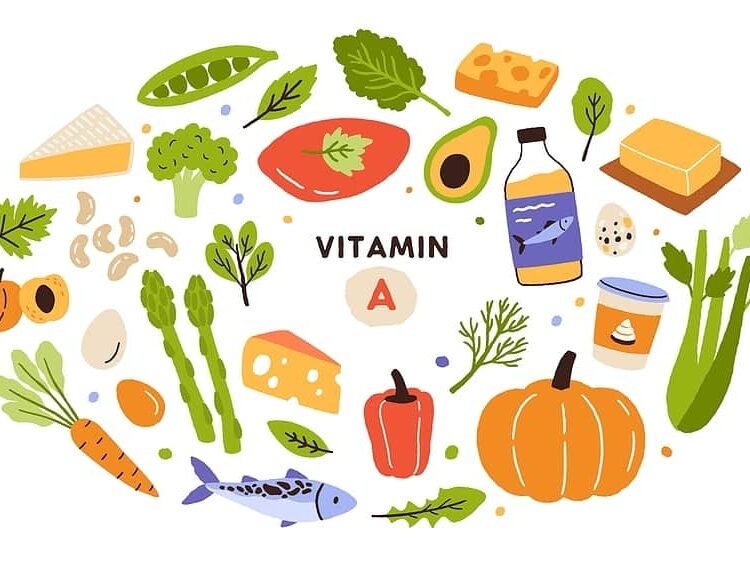COPAKE, N.Y. — A tragic plane crash on April 12 near Copake, New York, claimed the lives of six individuals, including former MIT soccer star and 2022 NCAA Woman of the Year Karenna Groff. The National Transportation Safety Board (NTSB) reported that weather conditions were deteriorating at the time of the crash, with a cloud ceiling of 400 feet, the minimum allowable for an IFR (instrument flight rules) landing at Columbia County Airport.
The victims were Karenna Groff, her parents Dr. Michael Groff and Dr. Joy Saini, her brother Jared Groff, Karenna’s partner James Santoro, and Jared’s partner Alexia Couyutas Duarte. The group had been traveling on Michael Groff’s private plane, reportedly en route to celebrate Karenna’s 25th birthday.
The aircraft, a Mitsubishi MU-2B-40 Solitaire, crashed into a field approximately 10 miles from Columbia County Airport. The NTSB stated that the pilot was flying under instrument flight rules and had reported a missed approach in deteriorating weather before attempting a second approach. No distress call was made, and all bodies were recovered from the crash site.
The NTSB emphasized that their investigation is ongoing and aimed at uncovering not just what happened, but why, to prevent similar tragedies. A preliminary report is expected within 30 days.
This incident follows a series of recent aviation accidents, raising public concern despite reassurances from federal authorities that air travel remains the safest form of transportation.
Our thoughts are with the families and friends of the victims during this difficult time.




